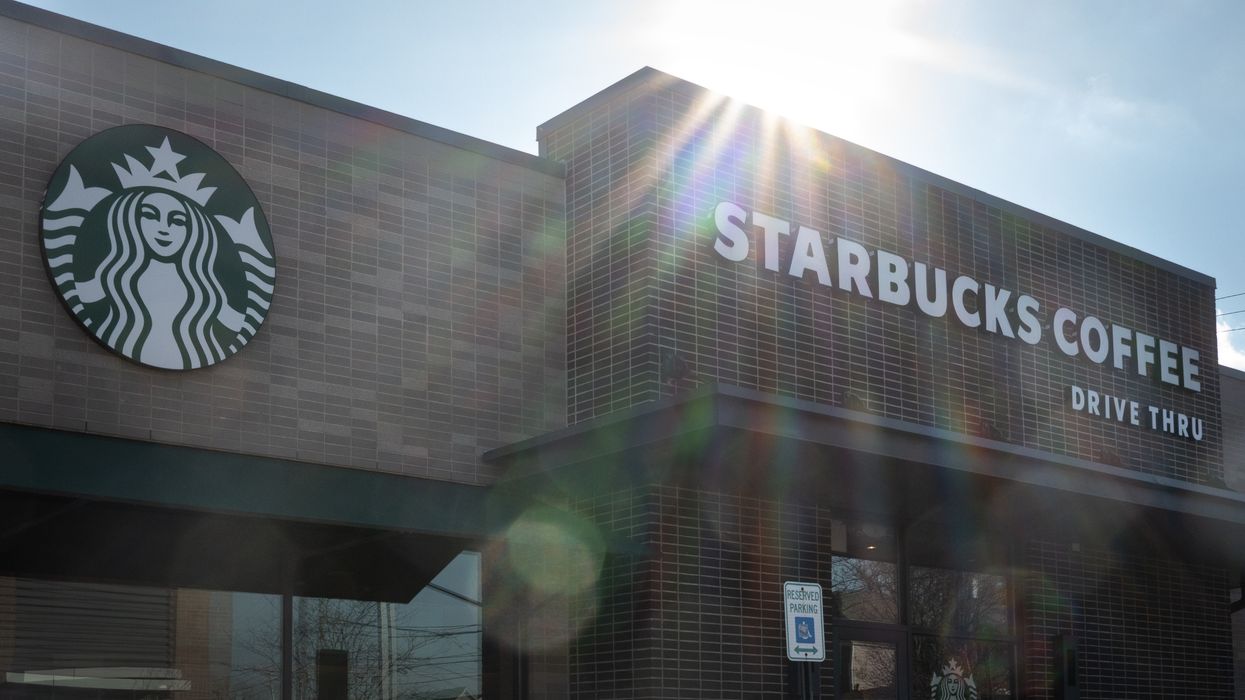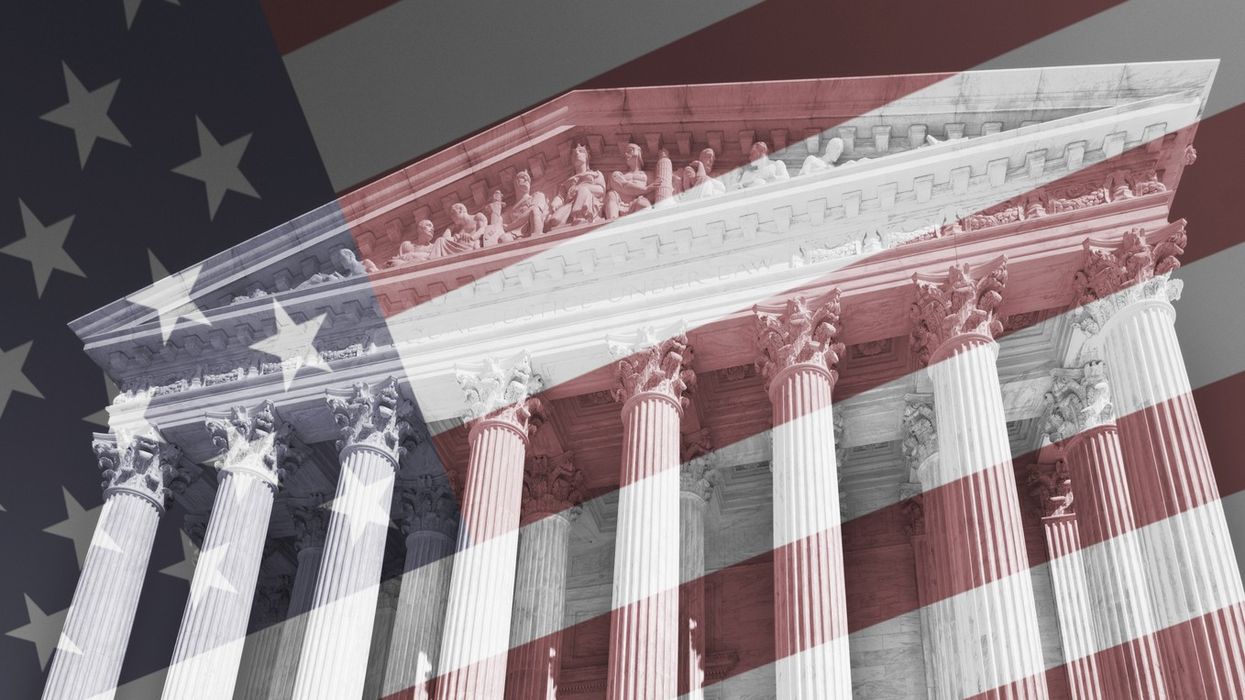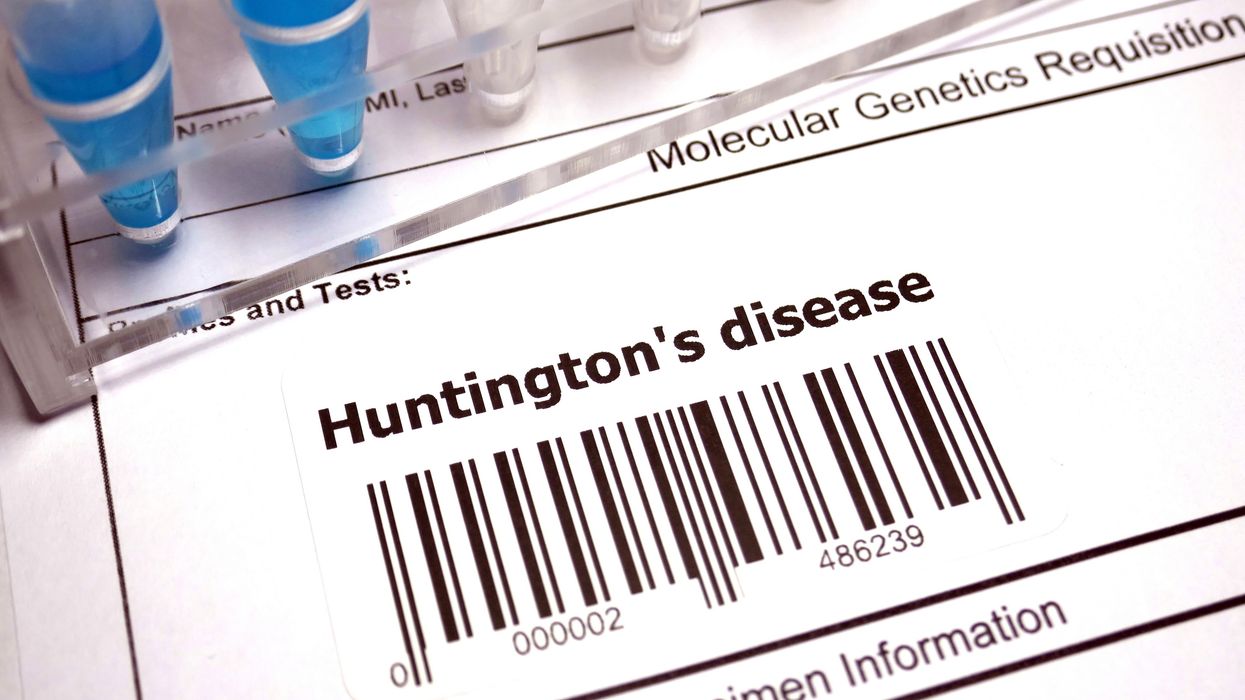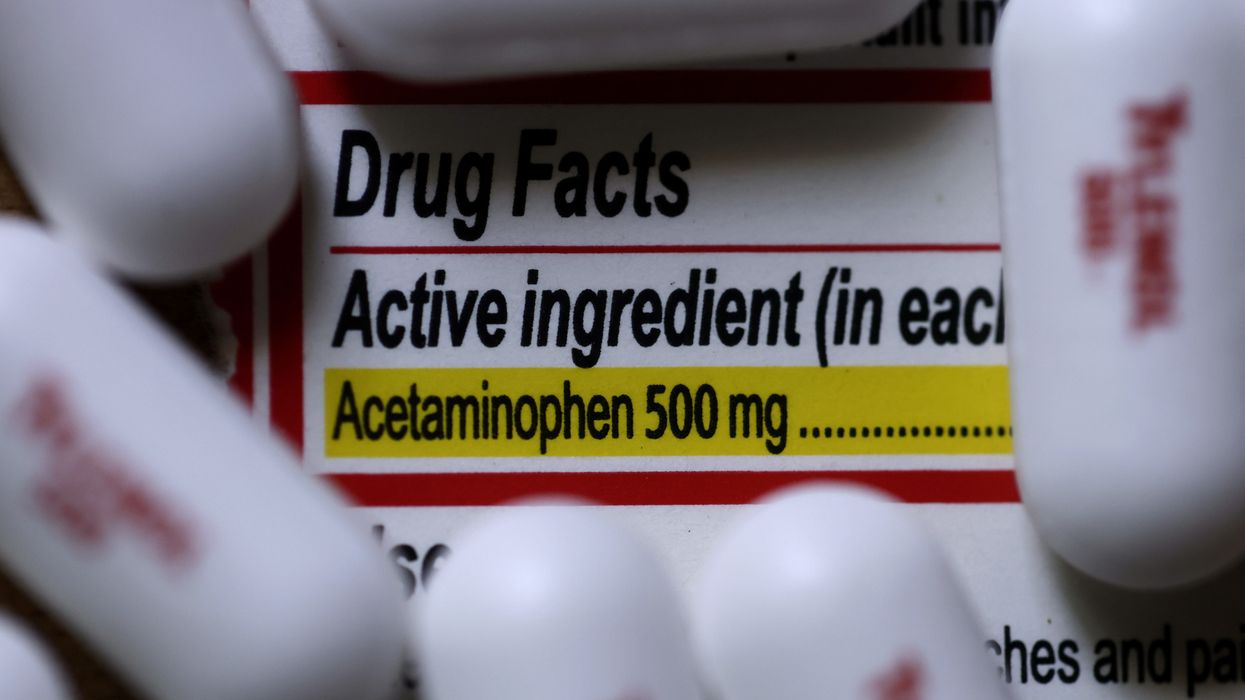Highlights:
- Sugar spikes create Advanced Glycation End Products (AGEs) that scar arteries and promote heart disease.
- Excess caffeine elevates cortisol and blood pressure, disrupting sleep and natural recovery.
- Sugary coffee drinks cancel out coffee’s natural benefits and raise metabolic risks.
- Dr Bhojraj says sugar and coffee cravings indicate imbalanced fuel, not personal weakness.
- Experts recommend under 400 mg caffeine daily and limiting sugar to 5–10 per cent of total calories.
It’s a familiar scene: the alarm goes off, and before your day even begins, your hand is reaching for that steaming cup of coffee. The rich aroma feels like a wake-up call for your brain, the first sip a gentle push into consciousness. For many, this ritual is sacred — often followed by a sugary muffin or pastry that seems to complete the morning picture. But according to US-based functional cardiologist Dr Sanjay Bhojraj, this daily habit may be silently fast-tracking the ageing process, even in otherwise healthy individuals.
“Excessive reliance on caffeine and sugar doesn’t just give you a quick boost — it keeps your body in a state of stress,” says Dr Bhojraj. “Over time, this stress contributes to inflammation, disrupts sleep cycles, and strains the cardiovascular system, accelerating biological ageing.”
The sugar trap: Inflammation you can’t see
When you reach for a doughnut or sugar-laden latte, your blood sugar spikes sharply — a process that might feel energizing at first but has hidden long-term consequences. Research published in Circulation (American Heart Association) shows that sugar spikes lead to the creation of Advanced Glycation End Products (AGEs), harmful compounds that damage proteins and fats in your body.
“AGEs are like rust on your arteries,” explains Dr Bhojraj. “They silently scar blood vessels, create chronic low-grade inflammation, and set the stage for heart disease.”
This inflammation is insidious because you may feel perfectly fine while the damage is occurring. Over the years, however, these repeated sugar surges contribute to atherosclerosis, stiffening of blood vessels, and increased cardiovascular risk.
The caffeine conundrum: Stuck in stress mode
Coffee itself isn’t the villain — in fact, moderate coffee intake has been linked to several health benefits. Studies published in the BMJ show that drinking three to five cups of black coffee daily is associated with a lower risk of type 2 diabetes, certain cancers, and even cognitive decline.
The trouble begins when caffeine consumption is excessive. According to the Mayo Clinic, caffeine temporarily raises blood pressure and spikes cortisol, the body’s main stress hormone.
“When caffeine is overused, the nervous system is stuck in fight-or-flight mode,” says Dr Bhojraj. “This disrupts natural recovery, affects sleep quality, and leads to dependence on external stimulants for energy.”
The result is a cycle of fatigue and overstimulation — where people consume more coffee to stay awake, only to worsen the underlying problem.
When coffee turns into dessert
Black coffee may offer heart-protective effects, but many popular coffeehouse drinks cancel them out. Sugary syrups, whipped cream, and flavored additives transform coffee into a calorie-laden “liquid dessert.” Dr Sudhir Kumar, senior neurologist and CMC Vellore graduate, warns that these drinks act like sugar bombs, spiking insulin and negating coffee’s potential benefits.
Harvard Health experts echo this concern, noting that added sugar and cream increase metabolic risk factors such as weight gain, diabetes, and high cholesterol.
Cravings as clues, not failures
One of Dr Bhojraj’s key messages is that cravings are not a moral failing.
“Cravings for sugar and coffee are signals — they tell us our body is running on unstable fuel,” he says. “Instead of ignoring them, we should address what our body is really asking for: balanced nutrition and rest.”
When the body is constantly pushed with stimulants, its natural energy reserves become depleted. This can worsen fatigue and create a dependency cycle, which is difficult to break without mindful lifestyle changes.
How much is too much?
The US Food and Drug Administration (FDA) considers up to 400 mg of caffeine per day (about 3–4 cups of coffee) safe for most adults. The World Health Organization (WHO) recommends keeping free sugar intake below 10% of daily calories, ideally closer to 5 per cent.
“Moderation is the key,” says Dr Bhojraj. “Enjoy your coffee, but skip the sugar and cream when possible, and be mindful of how much you rely on it to get through the day.”
Choosing fuel for a longer life
Ultimately, your morning routine can either support your long-term health or chip away at it silently. By choosing black coffee over sugary versions, reducing added sugar in snacks, and keeping caffeine within healthy limits, you can preserve coffee’s benefits while protecting your heart.
As Dr Bhojraj concludes:
“The fuel you choose today shapes your tomorrow. Small, mindful choices add up to better heart health, deeper sleep, more stable energy, and a longer, healthier life.”
Your morning ritual doesn’t need to disappear — it just needs a mindful makeover. Switching to healthier coffee habits might be the simplest, most powerful longevity choice you make today.















